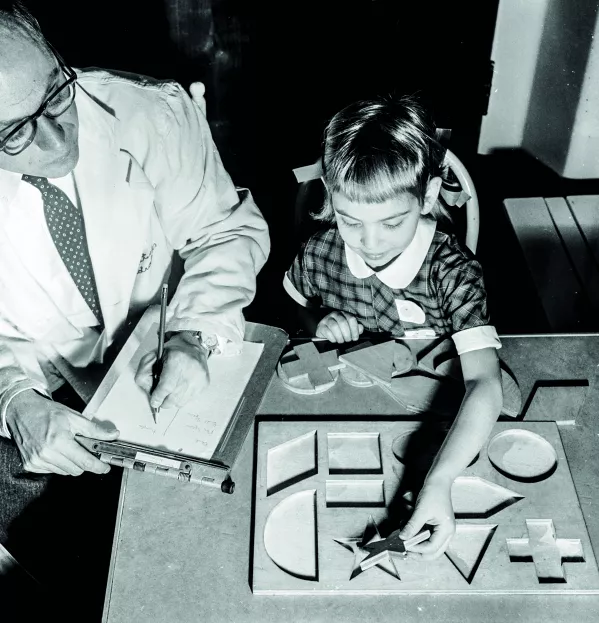In September, schools will have the chance to try out the proposed Reception baseline assessment on their four- and five-year-olds.
The assessment has been controversial: critics say it is “unnecessary”, “pointless”, “damaging” and “immoral”.
But headteacher unions have backed it, it’s already been trialled in 300 schools and, if the pilot is successful, it will become statutory in 2020.
Details of how the test will work have been revealed. There will be practical tasks using physical resources, with an online scoring system that the teacher will complete.
In order to avoid demoralising children by repeatedly presenting them with tasks that they are likely to fail, a “routing” system will be used: a pupil’s response in one task will decide what they do next.
The assessment can be paused and restarted - or stopped at any point if the teacher thinks it is inappropriate for the pupil to continue.
While teachers (or teaching assistants) will be administering the assessment, they will only get back a “narrative statement” on how children have done - not the child’s score. This may go some way towards addressing fears about labelling children by “ability”.
So has the battle of the baseline been won? Not quite. There are still two fundamental misgivings.
The first is workload. It seems that the baseline will not replace, but add to, the current assessments of children as they begin school. The government has said that it will look at reducing the workload involved in producing the early years foundation stage profile assessments.
But that leads to the second misgiving: what will the final progress judgement tell us? The NAHT headteachers’ union agrees that having a baseline assessment for measuring progress in Reception gives credit to the important work done in Reception and key stage 1.
But how will that credit be divided up? If the pupils, teachers and headteacher change during the seven years that are measured, is it still the same school?
The first progress measures aren’t due to be published until 2027. Has the biggest battle over the baseline assessment been kicked further down the road?
Helen Ward is a reporter at Tes
